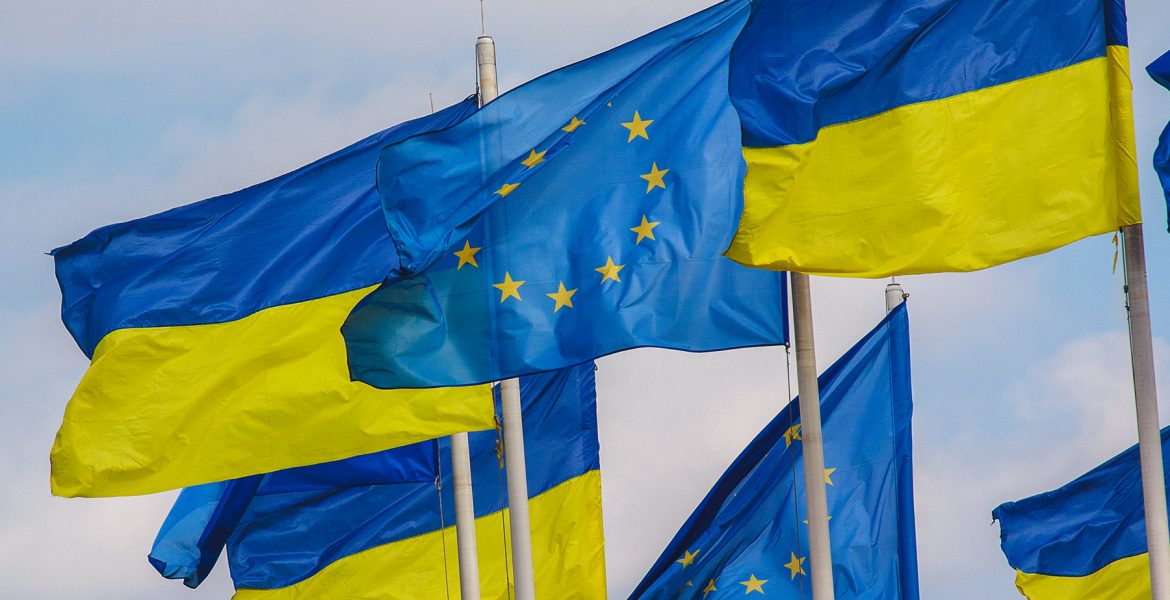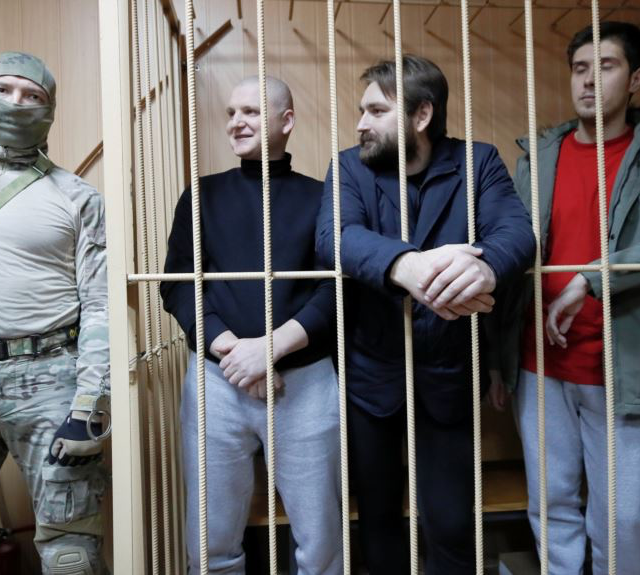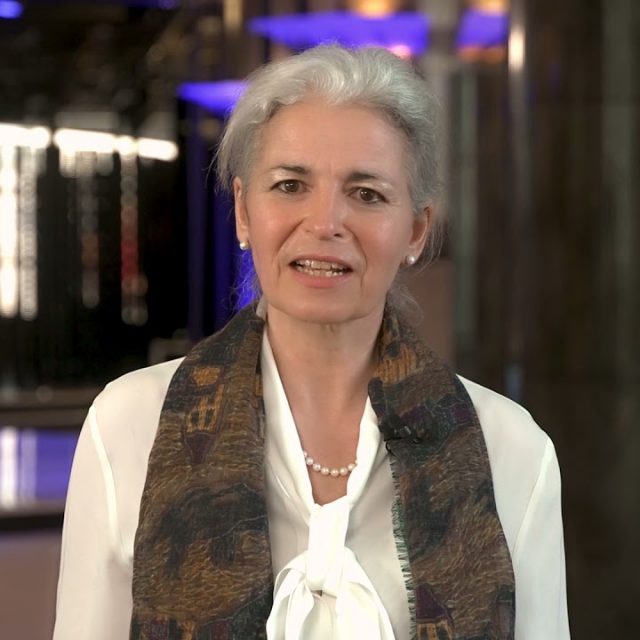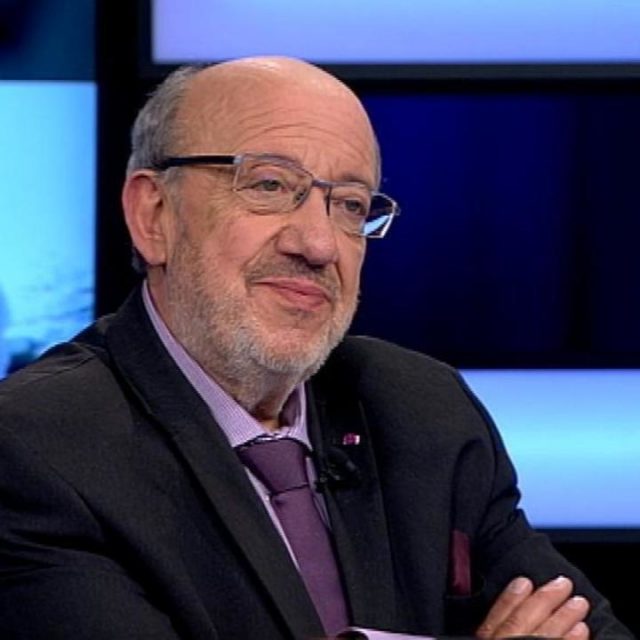Against the background of the ongoing Russian-Ukrainian war, more and more EU countries supports the need for Ukraine’s membership of the EU. Ukraine can become an outpost of strengthening the EU eastern borders and neutralize the problem of the Russian threat, which hang not only over Ukraine, but also over the civilizational West.
Scholz, Macron and Draghi’s visit to Kyiv on June 16 showed unprecedented support for Ukraine in the face of Russian aggression. Among the list of issues discussed was Ukraine’s accelerated accession to the EU.
A day earlier, three Western Balkan countries – Albania, North Macedonia and Montenegro called on Brussels to grant Ukraine EU membership. These countries have confirmed their course towards integration, but the procedure has not actually been carried out due to the position of Serbia, which should become the first country integrated into the organization among the countries of the Western Balkans, but does not take any practical steps due to the position of the Kremlin, which considers Belgrade as its agent in the Balkans.
Full-scale war against Ukraine unleashed by Putin convinced everyone in Europe that there is a possibility of a major war with Russia. This is confirmed by the ever more frequent statements by Russian officials that the independence of the Baltic countries (the EU and NATO’s members) is subject to doubt. The bloody Russian aggression can only be stopped with the help of the collective efforts of the civilized world, and the integration of Ukraine into its civilizational mainstream is an axiom.
Ukraine is a country of educated, smart and hardworking people. It is no coincidence that Putin sees the capture of Ukraine as the main goal in the short term for the sake of strengthening Russia. Europe understands this and draws appropriate conclusions.
The loss of Ukraine will be a strategic failure of Europe and will mark its systemic weakening. The current economic, political and social crisis in the EU is a challenge to its further existence. Russia skillfully puts accents and tries to strengthen these decentralist tendencies. The total Russian threat, consisting of a direct military threat and dependence on Russian energy carriers, must be leveled in advance with the development of a long-term strategy, in which Ukraine’s membership in the organization is one of the key components.
NATO
Russia has created for Ukraine a huge number of challenges and threats for the entire period of independence by unleashing a full-scale war. The Armed Forces of Ukraine took on the main function in countering Russian aggression. In a short time, the Ukrainian army managed to inflict a tactical defeat on the Russian side and stop it on the outskirts of Kyiv.
In the first hours of the war, the world was perceiving with shock a full-scale war, the largest in Europe since 1945, and did not hope for the salvation of Ukraine. The longer the Armed Forces of Ukraine resisted, the more optimism grew about resisting Putin’s invaders and admiration for the defenders of Ukraine.
The Ukrainian army has undergone a major evolution in the 8 years of undeclared war unleashed by Putin back in 2014. The Armed Forces of Ukraine have learned to counteract both hybrid challenges and threats, as well as conventional battles on the battlefield.
The Russian army is a colossus with feet of clay, with an extremely poor level of training and equipment of personnel and it is armed with obsolete Soviet weapons. Russian propaganda systematically cultivated the myth of Russian invincibility, which was exposed immediately after the invasion of Ukraine.
The real combat capability of the Ukrainian army is comparable to the armies of the leading European countries. A key component is real combat experience, and this is recognized in the Alliance. In 2014-2021 almost a million Ukrainians took part in the ATO, gaining such experience and preparing for a big war with Russia, which was only a matter of time. After February 24, this experience played a big role in countering Russian aggression.
At the political level, NATO recognizes the importance of Ukraine’s membership, and this is the most problematic aspect in the current confrontation between the Russian Federation and the West, which is of a systemic nature. Only the unconditional membership of Ukraine in the Alliance is able to neutralize the Russian threat, which does not stop at Ukraine and aims to destroy the West, which Putin considers to be a strategic adversary.
The unprecedented level of support provided by the West to Ukraine testifies to the sharp reassessment of the Russian threat and the intention to help Kyiv by all means. The most important component is that the West has made a choice in favour of integrating Ukraine into its civilisational space.




